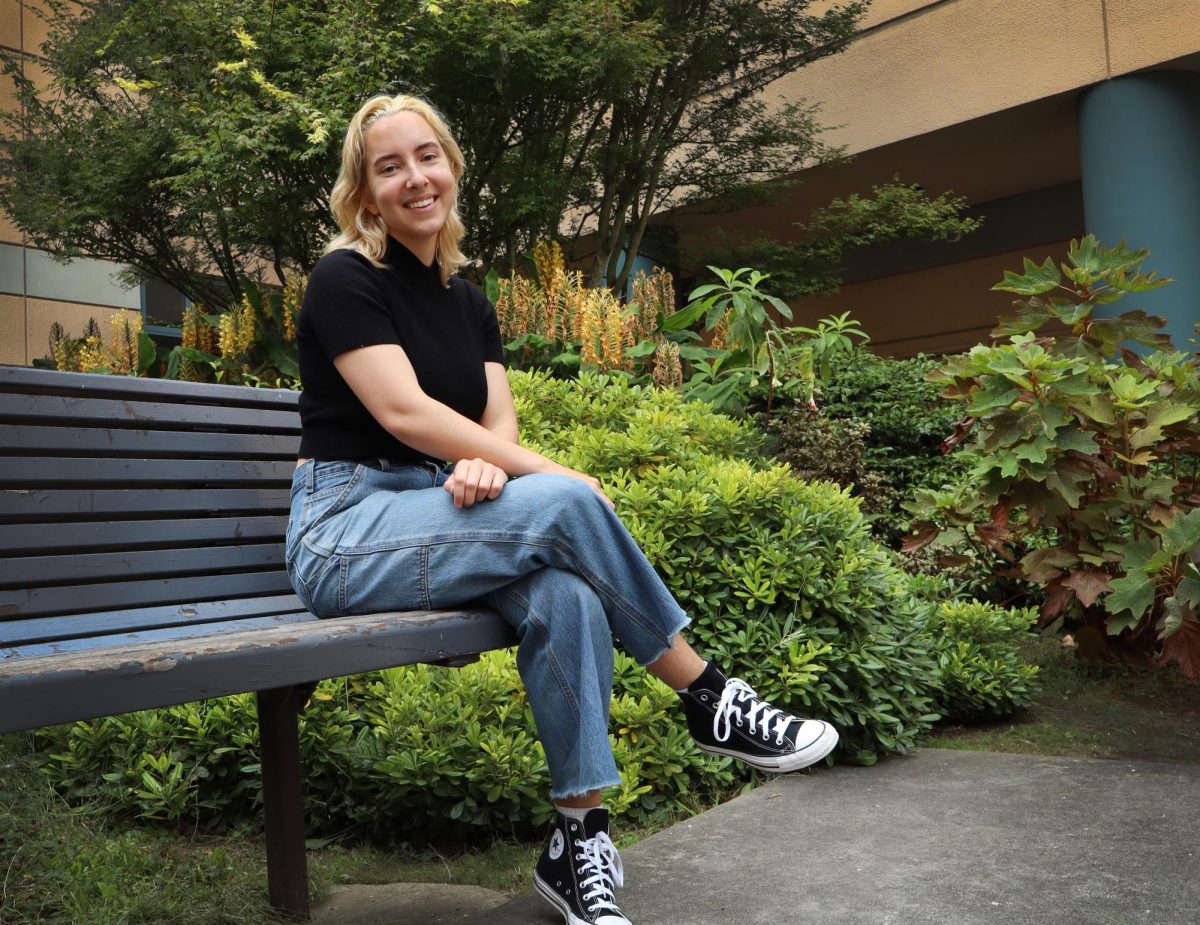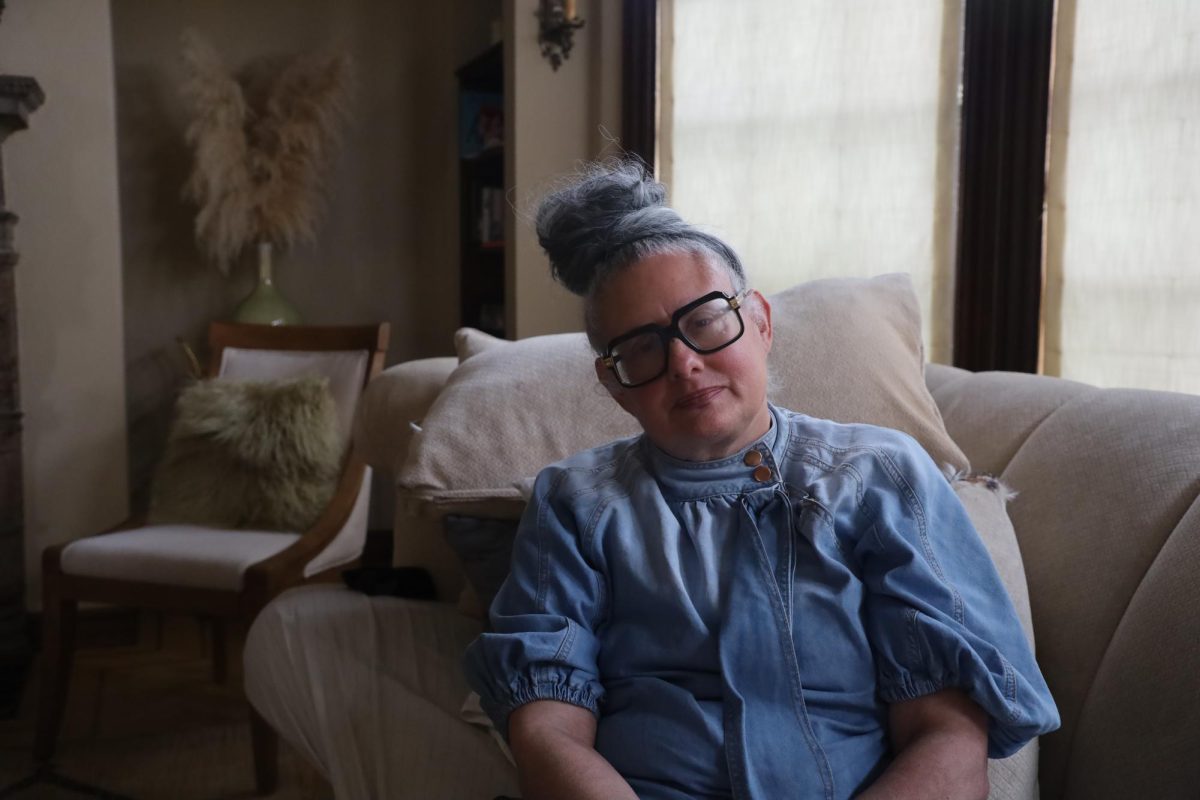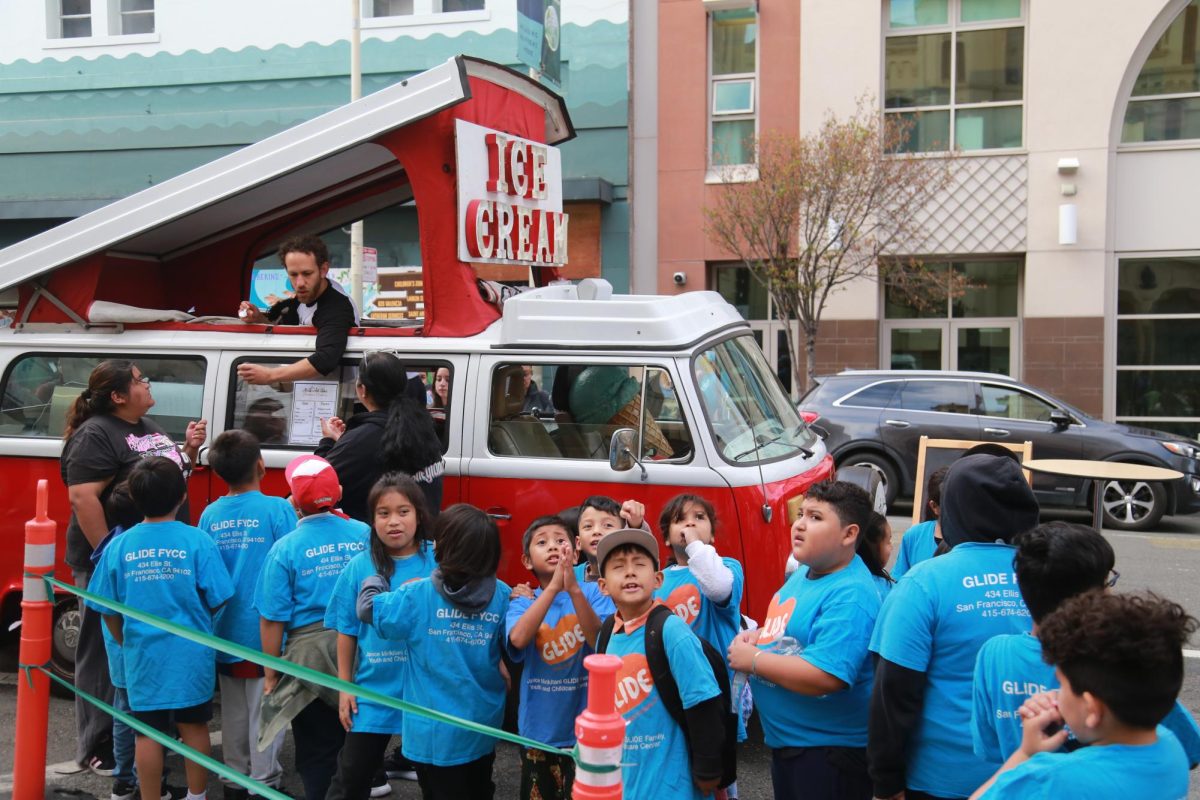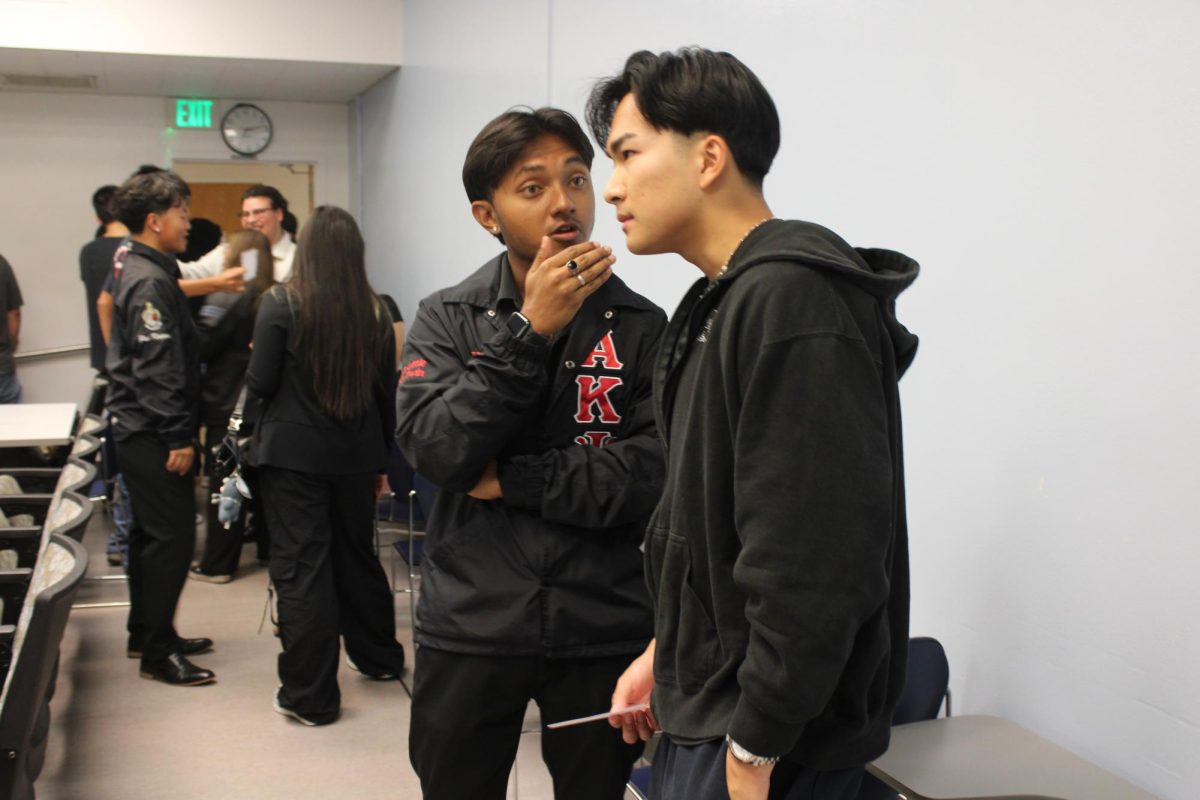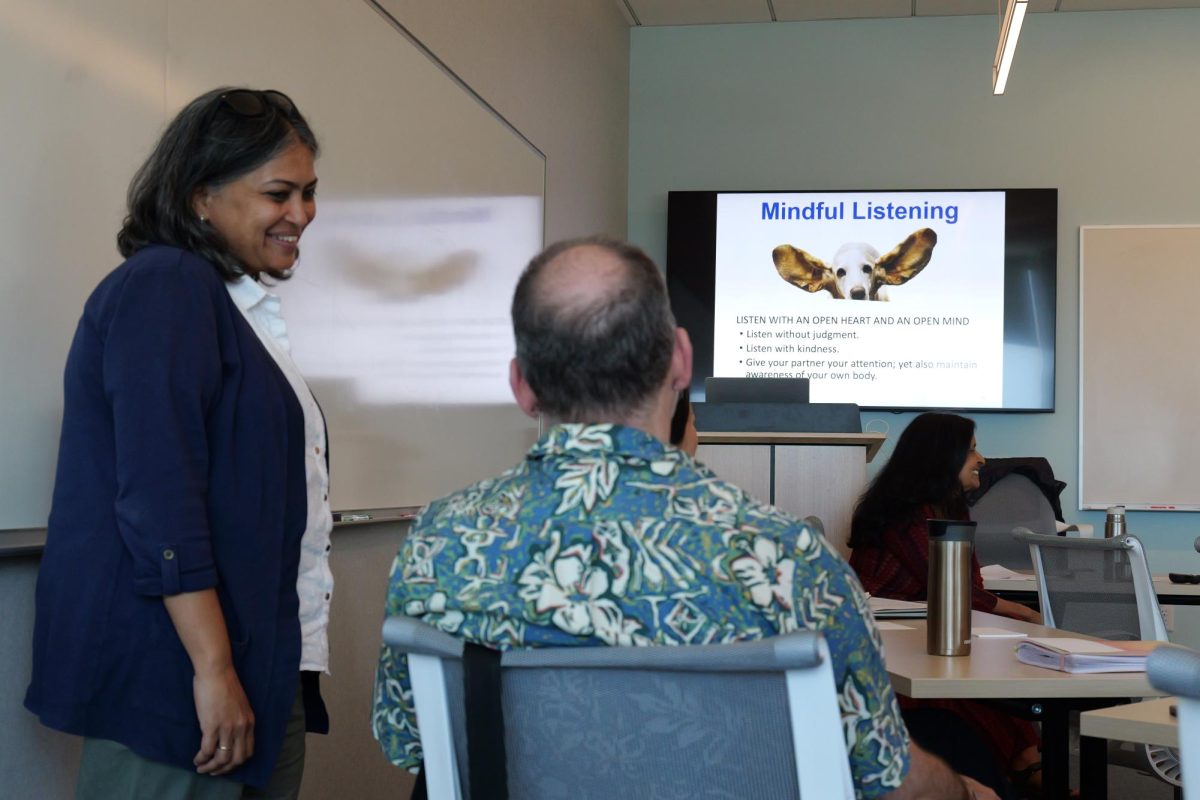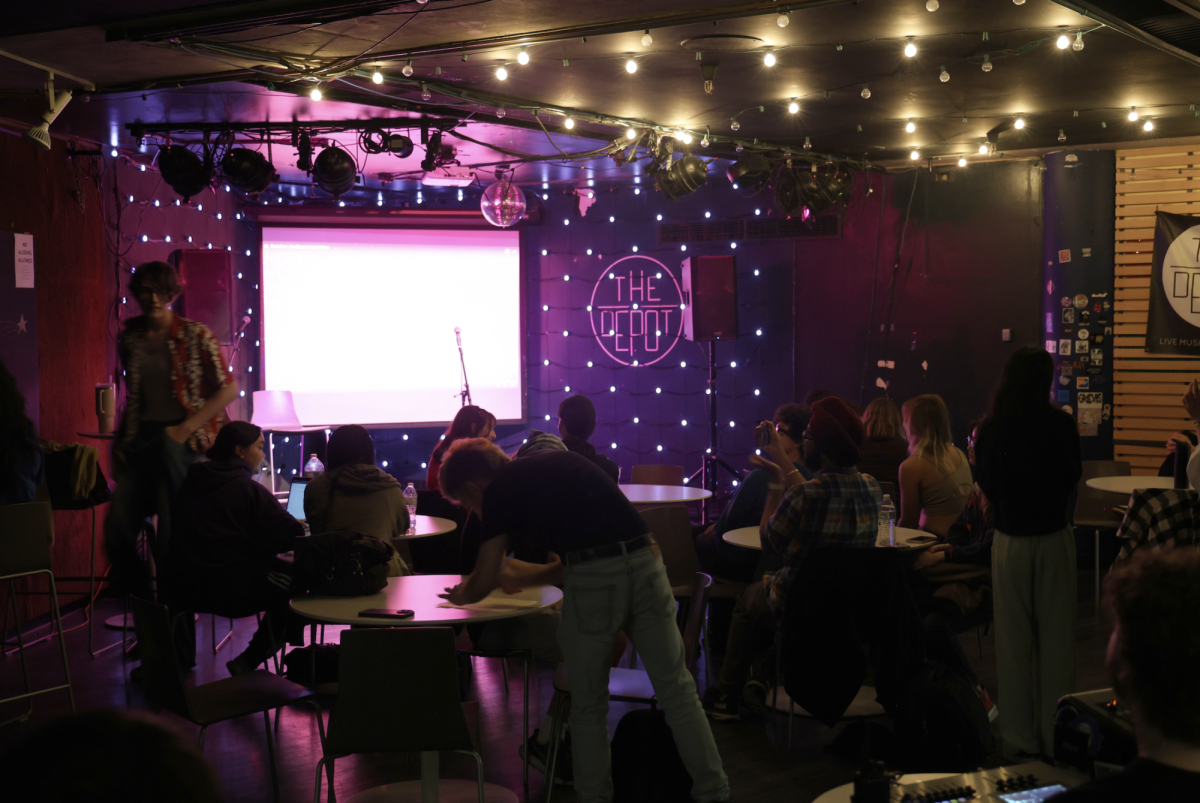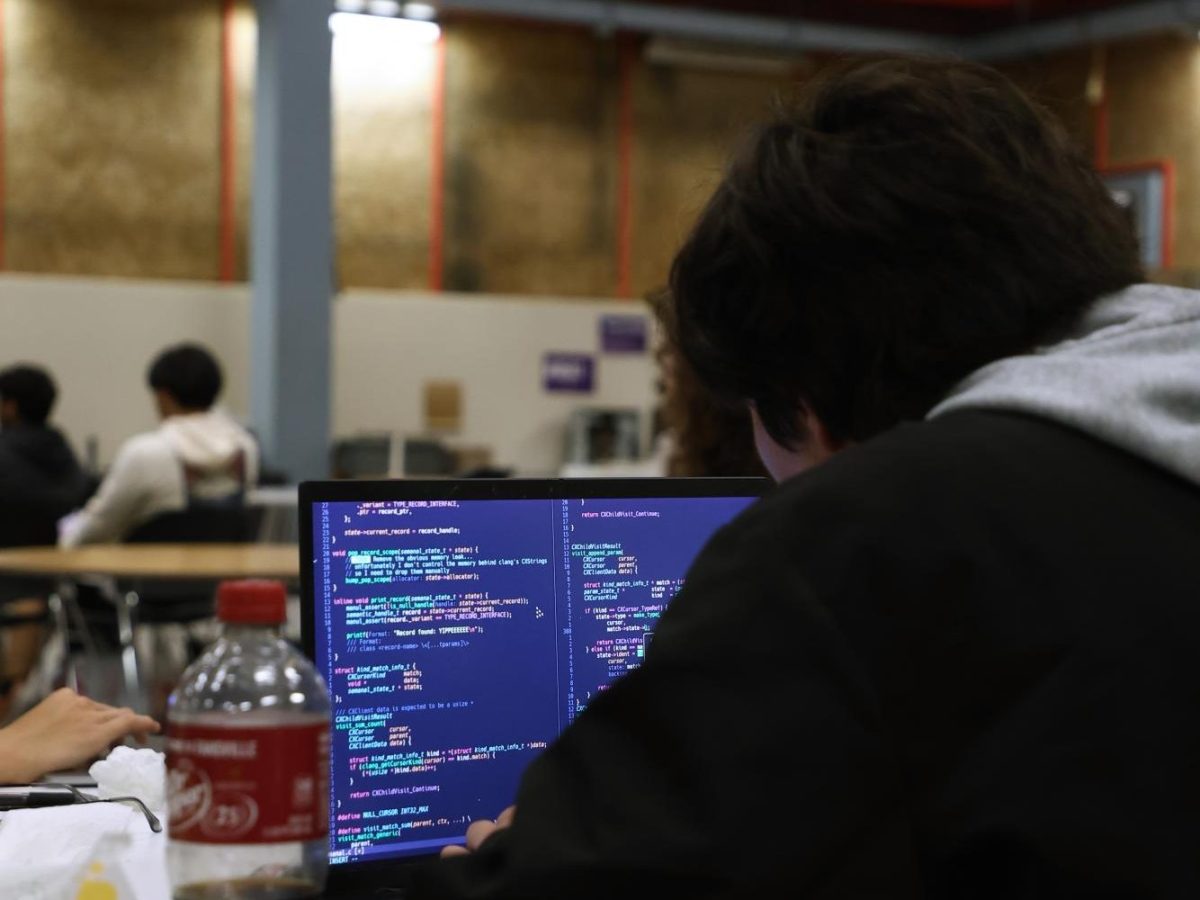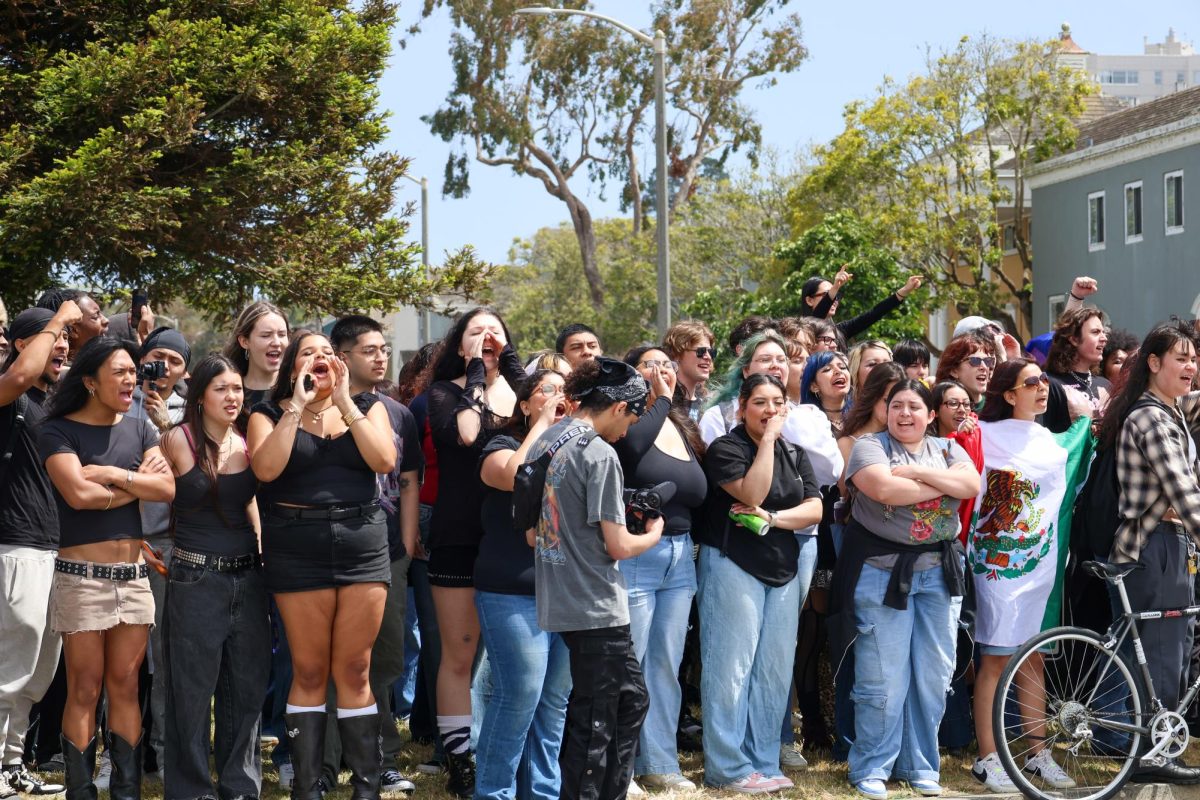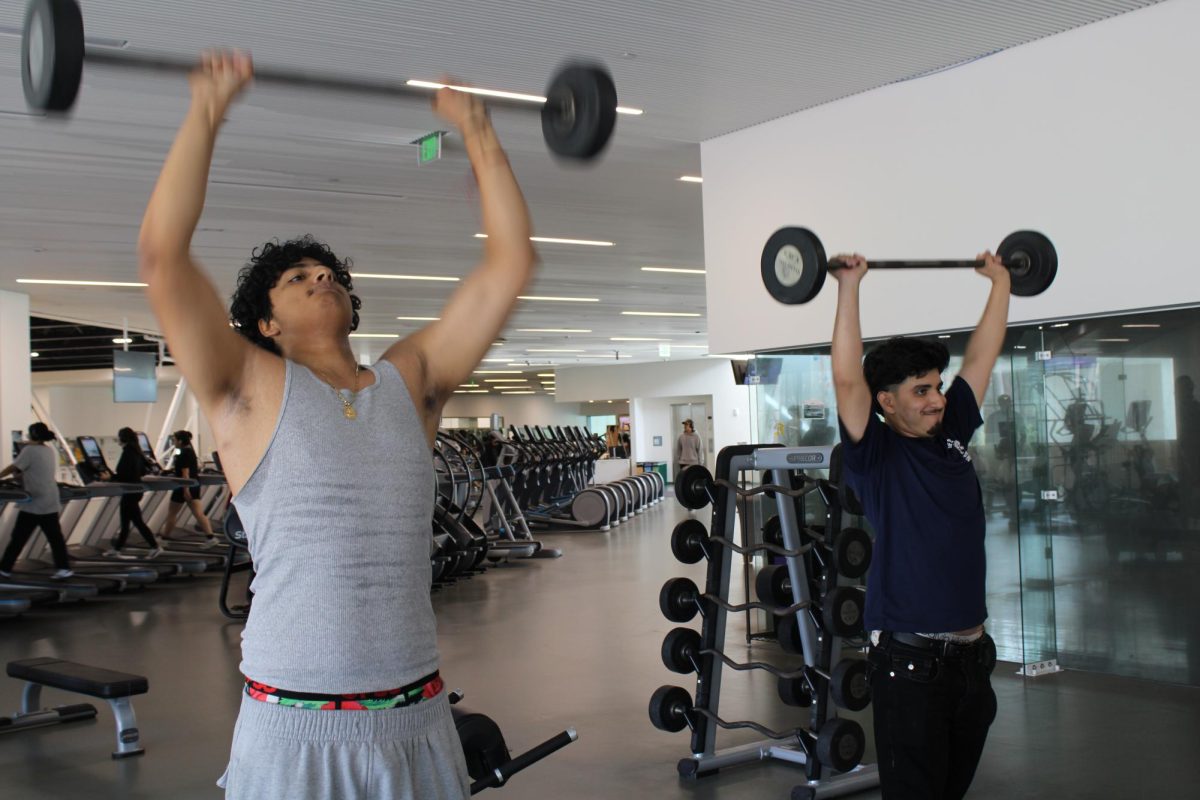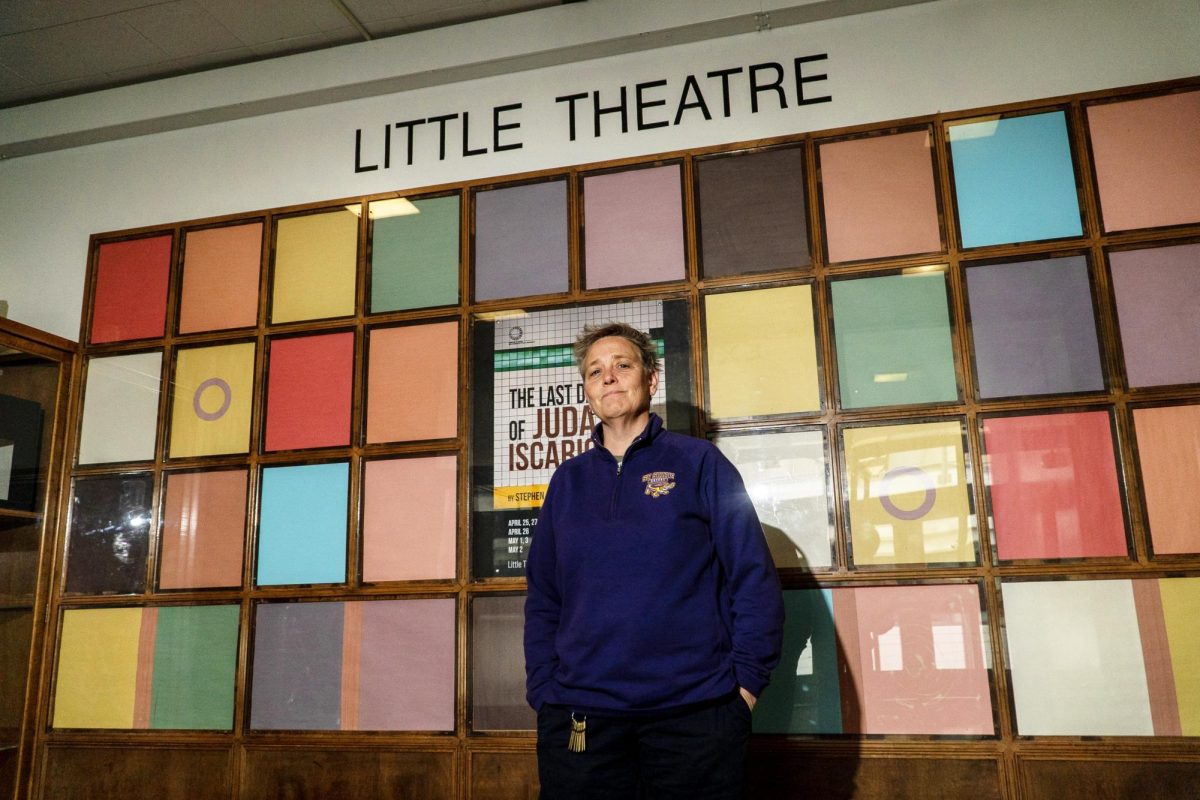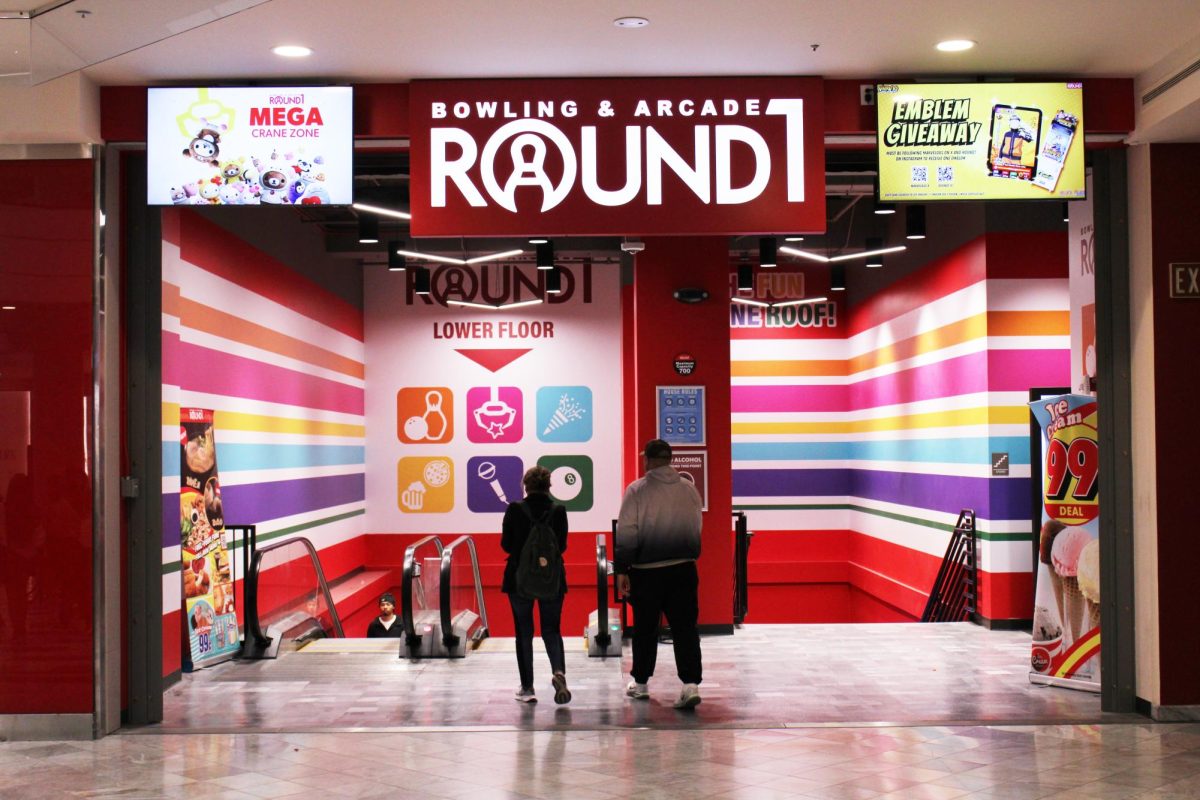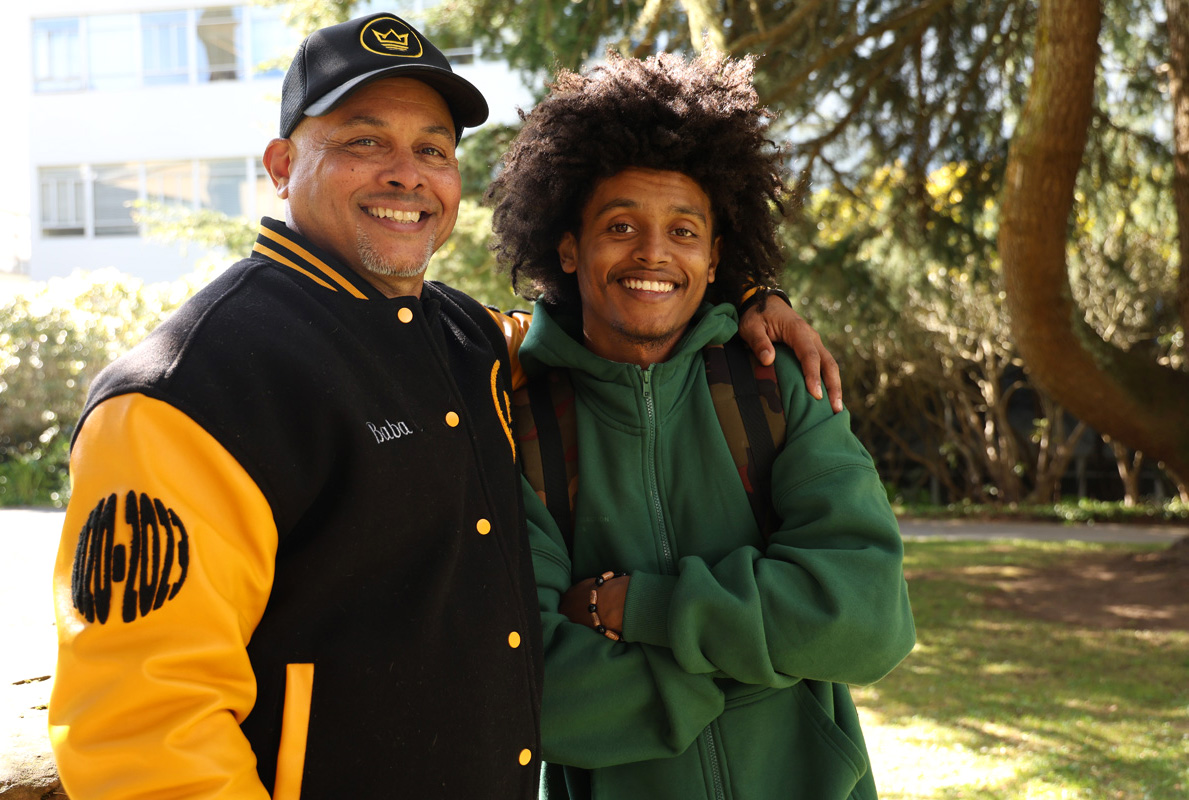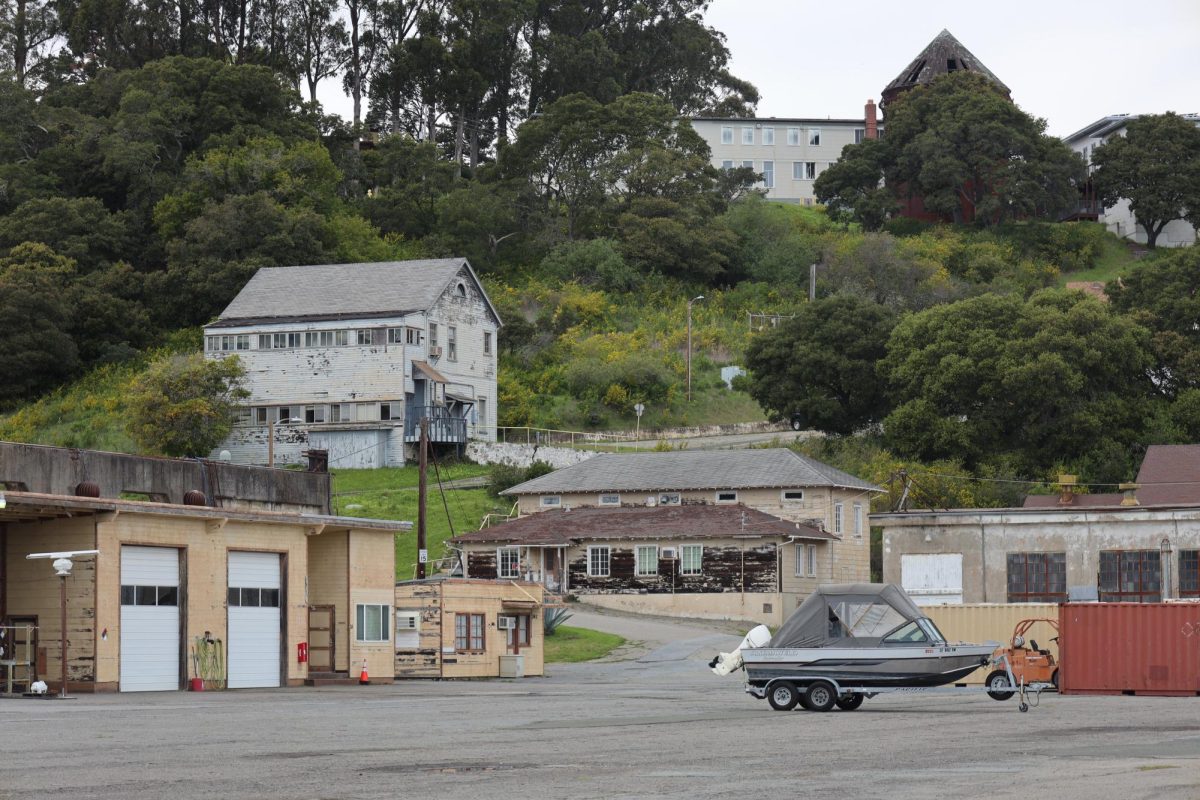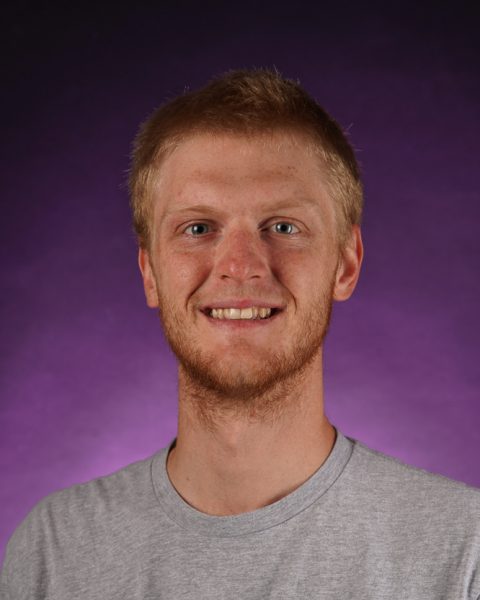Graduating can be a scary experience. College provides structure, community and purpose for many students. Those who attain a degree are privileged to have received a higher education, but they are burdened with the massive step of figuring out what’s next in their life.
There are a million questions students must ask themselves: What job do I want? Do I stay with my partner? Where do I want to live? Did I even get the right degree? What comes next?
These questions make up some of the more personal yet important decisions that graduation presents to millions of Americans at the end of each school year. There are no simple answers to these questions. Students are expected to forge their way through society while trying to balance the life and connection they have created throughout college.
Achieving a college degree is nothing to scoff at. According to data from the United States Census, only 23% of the population receives a bachelor’s degree.
Tony Flores experienced this dilemma when graduating and is now trying to support students going through the same process. He graduated from SF State in 2014 with a bachelor’s degree. He moved to the Bay Area and experienced his own trials and tribulations in the process of attaining his degree.
Flores was placed on academic probation during his senior year. According to Flores, he was on a thin line between graduating or not. He received his diploma after a tough senior year, but he isn’t motivated to return and get his teaching credentials.
“I had to deal with that while thinking, like, what am I going to do after I graduate, thinking I wanted to become a teacher. I ultimately decided that I didn’t want to go back to school after I graduated,” Flores said. “It’s just not what I want[ed] to do.”
Upon graduating, Flores began coaching soccer and working service jobs. He remembers the time fondly, reflecting on when he was happy working with kids and felt like he was making an impact. He was offered the opportunity to return to SF State as a student recruiter. Flores jumped on the opportunity and worked in recruitment for five years until he was hired as an academic advisor at the College of Liberal and Creative Arts.
Advising is where Flores feels he can utilize his own experiences to best support students experiencing similar struggles to what he went through as a student.
“I know what it takes to get a bunch of noes when it comes to financial aid,” Flores said. “So, just being able to speak about my experiences with students kind of puts a little bit of ease with them, because they know that they’re not alone.”
Flores connects with the students he advises through his shared experiences and knows the amount of uncertainty graduating can bring. He remembers what was important to him at that point in his life and encourages students to prioritize living life to the fullest.
“After graduation, it really just comes down to ultimately what you want to do,” Flores said. “If you want to follow somebody, if they’re going to go get their master’s across the country and you want to do that and you feel like it’s the right thing,I feel like you only live once. Sometimes you gotta take the risk.”
Flores feels like the only way to figure out what you want to do is to try.
“It’s your life,” Flores said. “People may not be happy with the decisions you make, but at the end of the day, it is your life. Sounds kind of cliché, but it’s the truth.”
Ava Austin graduated last spring and received a degree in english with a linguistics concentration. Their dream job was to work on television shows and movies helping actors learn different accents and dialects.
After realizing a job in Hollywood might be harder to get than they realized, and being discouraged by the salaries of entry-level teaching jobs, Austin changed their approach and started looking at graduate school.
“I didn’t know what I was doing next, but I’m applying to grad schools right now so at least there’s some momentum happening,” Austin said. “I wasn’t stepping out into the void after graduation. But also, there’s a chance I’m not gonna get in. The world is just gonna open up to a bunch of possibilities rather than grad school. It was a weird feeling.”
Austin still relies on SF State and some staff to help them figure out the next steps for their career.
“Shout-out to my professor, Theresa Pratt,” Austin said. “I worked with her last year while I was a student on the Marcus grant; I did research while I was in the Netherlands on linguistics.
After I graduated, she continued to help me. She’s given me all this advice about how to apply [to grad school], so I don’t feel very alone.”
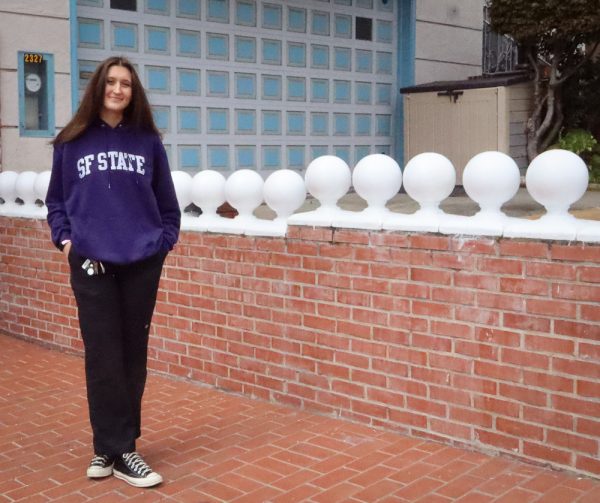
Theresa Pratt, a professor of linguistics at SF State, fondly remembers Austin from the time they began classes in the linguistics department.
While studying abroad in the Netherlands, Austin and Pratt collaborated on their research of how queer linguistic styles and variations appear in the Dutch language, specifically how these attitudes manifest in their use of English within digital communication.
“I really love supporting students in general and specifically in the research projects,” Pratt said. “Ava always had both a general interest and desire for my input and that makes a really nice working relationship.”
Since Austin graduated, the two have continued collaborating on research projects. At the same time, Pratt has been helping Austin consider the many factors that go into applying for grad school.
“Going to grad school usually means relocating to a different place, and that’s a big change. On the personal level, I think that’s a really important part of advising,” Pratt said.” “I always tell my students, you’re human first, and students second, third or fourth, depending on what’s going on in your life. So making a decision, like, are you going to go to grad school? Are you going to get a job in another place? That’s as much a personal decision as it is a professional or an academic decision.”
Although Austin is a San Diego native, their focus for now is applying to grad school and staying in the city they love: San Francisco.
“I came here for an AC/DC concert in seventh grade, and we were here for four days,” Austin said. “I loved the city so much, and that was the only time I had ever been here. So I had my heart set on living here.”
As many residents know, rent in San Francisco isn’t the easiest to afford. According to U.S. Census Bureau data, as of September 2024, San Francisco’s rent is 65% higher than the national average. To make rent, Austin works six days a week at a restaurant in West Portal while working with Professor Pratt on grad school and internship applications.
Austin isn’t the only person who’s prioritizing living in San Francisco.
Victoria Tyannikov is in the thick of her senior year. She’s in the middle of working hard to achieve her degree with little idea of what she’s going to do next.
Tyannikov is a rare double major in psychology and general biology. The Sacramento native knows that she wants to work in healthcare. According to Tyannikov, the important thing for her is engaging in female-based research and health initiatives.
“I do probably want to practice somewhere as a doctor, but I don’t know what specialty exactly,” Tyannikov said. “I do know that I want to work with women specifically, just because they’re very underrepresented, researched, and I’ve been treated awful as a woman in healthcare.”
Tyannikov isn’t alone in not knowing what exactly she wants to do. A 2016 Harvard Buines Review Study found that two-thirds of graduates struggle to launch their careers post graduation.
“I don’t have too many options with internships and whatnot right now. If I don’t land an internship after graduation, I’m probably gonna go into a clinical medical assistant program,” Tyannikov said. “They have free programs for SF residents that can get me connections to UCSF [University of California, San Francisco]. Then I can work in a hospital setting and get money that way, so it’s not just a free internship. I’ll actually be making wages after I get that certification.”
Tyannikov doesn’t have much time to think about the future. She’s currently taking 20 units to graduate next semester and trying to balance her relationship at the same time.
“I don’t know where exactly that’ll end up, but he’s always told me, ‘I’ll move where you move,’” Tyannikov said, responding happily to the idea with, “Okay, that works out.”
She let out a laugh and smiled wide when thinking about her relationship.
Gabe Pothier does not remember his final year at SF State fondly. In fact, he described it as, “super mid.” Pothier spent six years at SF State and held a union job with the International Alliance of Theatrical Stage Employees throughout his entire time in college.
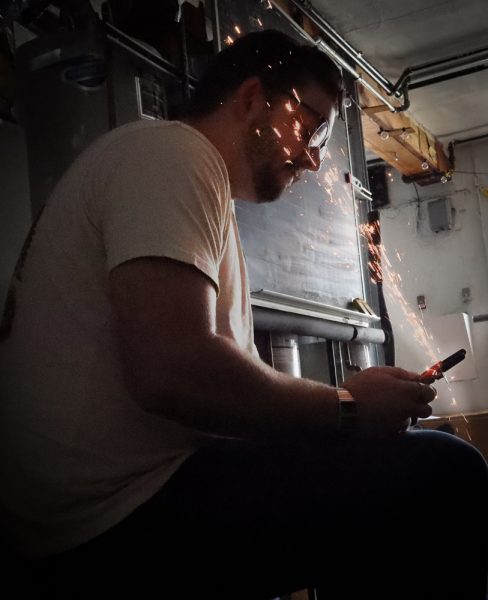
Pothier hit a point where he was completely committed to graduating. He was taking seven classes and on campus six days a week during his final semester. That’s when the COVID-19 pandemic hit.
“Everything changed, and it all went online,” Pothier said, “Then my job stopped all work, because there were no concerts or anything. So, I ended up working in healthcare, basically as an IT guy for a little bit.”
Pothier survived the COVID-19 pandemic. He had already completed an apprenticeship at his union and shows began opening back up.
“I went to work doing the Harry Potter show for a year,” Pothier said. “Then I ended up getting [a job] at the Opera House.”
That’s where everything fell into place for Pothier. He hadn’t sought out this job, but his employer noticed that he had a degree that was applicable to their needs. Pothier’s recommendation to recent or upcoming graduates is to not pigeonhole yourself.
Pothier was looking for jobs unique to his skill set and couldn’t find any. With his current perspective, he realized this was the wrong approach. His advice for upcoming or recent graduates is to do anything you can in order to narrow your skill set instead of starting as a specialist.



